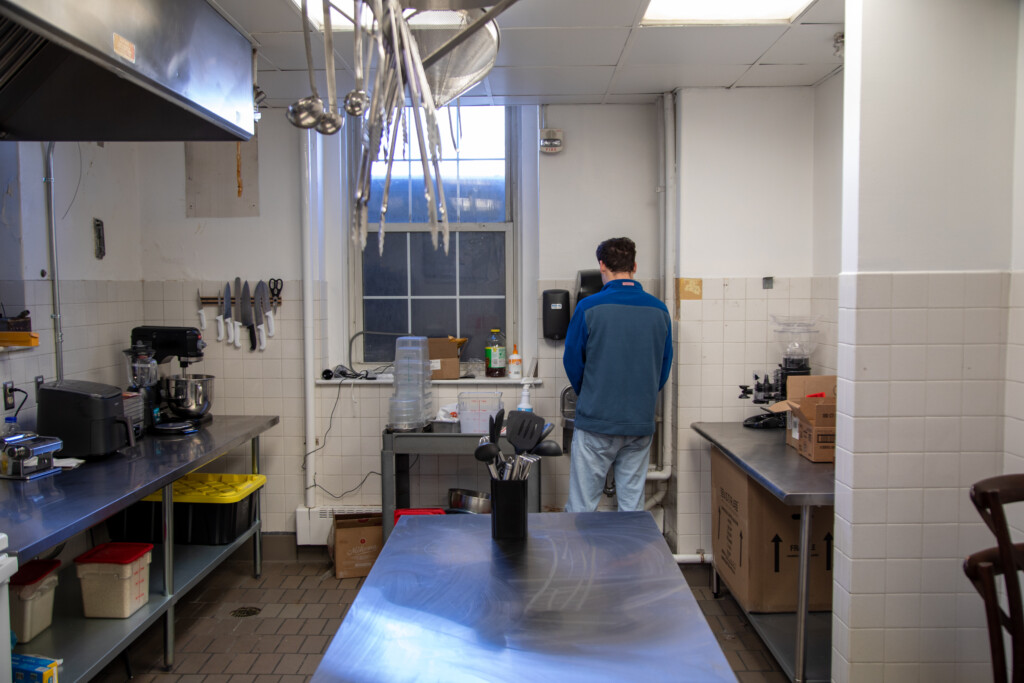We know she has a dorm named after her that everyone affectionately calls Sue B. We know she is buried somewhere in that really scary graveyard, and we know if she had lived longer she probably would have thought Gloria Steinam was pretty cool. But does anyone really know Susan B. Anthony? What was her favorite color? Does the B stand for Bettina?
Unfortunately, I cannot answer that question because I don’t have time to read a detailed biography and my conversing with-the-dead-skills have been lacking lately. I will, however, tell you a few important things you should know about this very smart lady. After all, if it weren’t for Susan B. Anthony we wouldn’t have Danforth and then, well, we wouldn’t appreciate good food.
Susan Brownell Anthony was born February 15, 1820, in Adams, Mass., into a strict Quaker family of eight children. Her father was a Quaker abolitionist and cotton manufacturer who refused to allow his children to play with toys in fear that it would distract them from their religious devotion. He did, however, encourage education and self-worth even for his daughters, which was unheard of back then. When little Sue’s elementary school teacher refused to teach her long division because she was a girl, her father pulled her out and home-schooled her. She then proceeded to boarding school and taught at a girls academy in upstate New York.
Anthony relocated to Rochester, N.Y. This move would mark the beginning of a long, important career as a pioneer of feminism. In 1849 she helped found the Woman’s State Temperance Society of New York. She then went on to help promote the abolition movement from 1856 until 1861. In 1872 she began her most difficult battle for women’s suffrage. It was here in Rochester that she led a group of women to the polls. She was arrested two weeks later, but nothing could stop Susan. She fought for women’s rights until her death in 1906. Her house on Madison Street is a National Historic Landmark. So, next time you walk into Sue B., think of its namesake and what she did for women everywhere.
Lepore can be reached at mlepore@campustimes.org.
